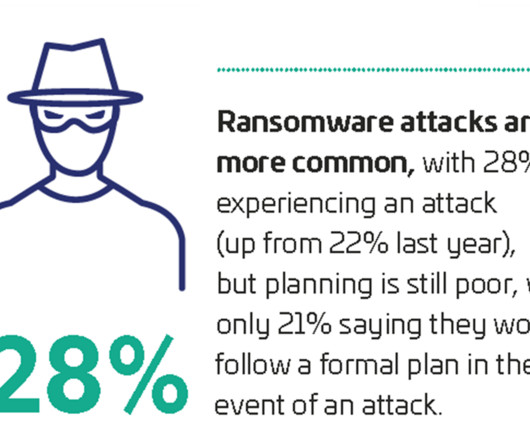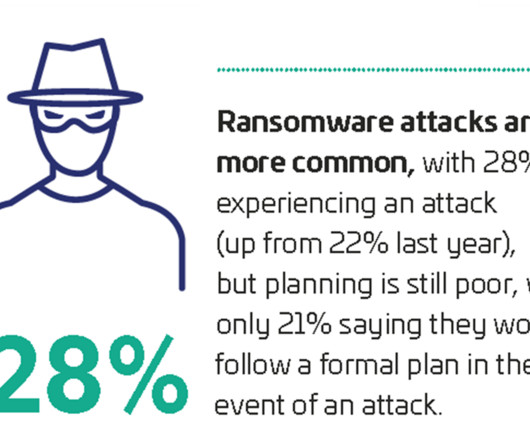Key Cybersecurity Trends for 2025. My Predictions
Jane Frankland
JANUARY 12, 2025
Cybersecurity is on the brink of significant transformation as we approach 2025, grappling with escalating complexities driven by advancements in technology, increasing geopolitical tensions, and the rapid adoption of AI and IoT. While federal advances may slow, state-level momentum continues.















Let's personalize your content